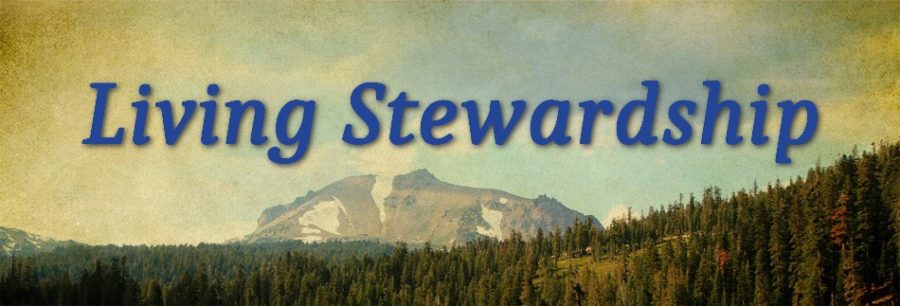In our monthly articles concerning Stewardship, we have been exploring various aspects of how we use the resources that God has entrusted to our care to love God and our neighbors. We acknowledge that God has called us to serve our neighbors. Last month, we considered some ways in which we can help neighbors that are far away through global communities. This month, we want to emphasize that we are Stewards of Local Community.
When Jesus was asked which is the most important commandment in the Torah, he responded by saying, “The first is, ‘Hear, O Israel: the Lord our God, the Lord is one; you shall love the Lord your God with all your heart, and with all your soul, and with all your mind, and with all your strength.’ The second is this, ‘You shall love your neighbor as yourself.’ There is no other commandment greater than these.” [Mark 12:29-31 NRSV] You will find very similar statements in Matthew 22:37-40 and also in Luke 10:25-28. Jesus’ response was to paraphrase Deuteronomy 6:4-5 and Leviticus 19:17-18, and these two precepts are widely recognized as the core elements of a Christian lifestyle. In Luke’s version of the conversation, the lawyer who asked Jesus about the greatest commandment went on to ask him a second question, “And who is my neighbor?” [Luke 10:29 NRSV], and Jesus responded by telling him the story of the Good Samaritan (see Luke 10:30-37). The lawyer was trying to figure out who we are supposed to love, and Jesus turns the question around by asking, what kind of persons are we? In making our decisions about acting mercifully, the issue is not our assessment of the qualifications of the intended recipients, instead, the decisive issue is love. Jesus is asking, “What kind of person are you?” Are you going to be like the Good Samaritan who gives help whenever it is needed or if you always have to decide first who deserves your love?
Look around. There are people who need clean air, clean water, nourishing food, adequate shelter, and access to health care, education, and social justice. You can help them. As followers of our Lord, we are part of a community of congregations and service organizations. We ask ourselves: What is God’s mission for me in my daily life? What is our mission here in our local community? How can we model compassion, provide community, and offer hope? Here are some ways you can be involved through Peace Lutheran Church: participate fully in Missional River activities, volunteer to help deliver Meals on Wheels, help with Mobile Loaves and Fishes, participate in the CROP Walk, contribute non-perishable food items to Hill Country Community Ministries, organize a service project for Down Home Ranch, work at a Austin Habitat for Humanity construction project, offer to drive senior citizens to medical appointments, volunteer to provide help at a neighborhood school, or as a helper at a local library, hospital, or clinic.
Let us be attentive to the needs of our brothers and sisters, and act wherever we find an opportunity. Get involved.
